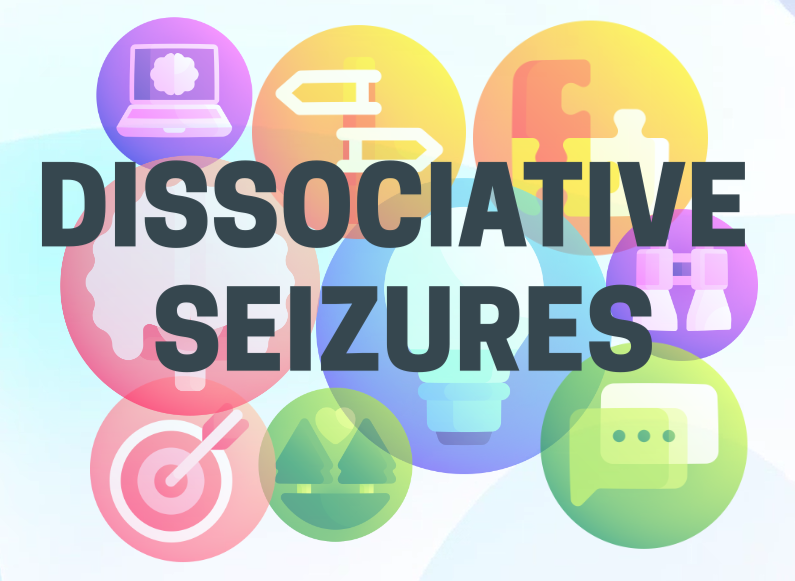Dissociative Seizures can often be mistaken for Epilepsy. This is because, to an untrained eye, Dissociative Seizures and Epilepsy can look very similar.
For this reason, some people may be wrongly diagnosed with Epilepsy for several years before a correct diagnosis of Dissociative Seizures is reached. This also means that some people may be treated with medicines for epilepsy for a long time before the correct diagnosis is made, and medicines for Epilepsy are stopped.
Sometimes, people with epilepsy can have Dissociative Seizures as well. To understand how a diagnosis of Dissociative Seizures is reached, click here.
